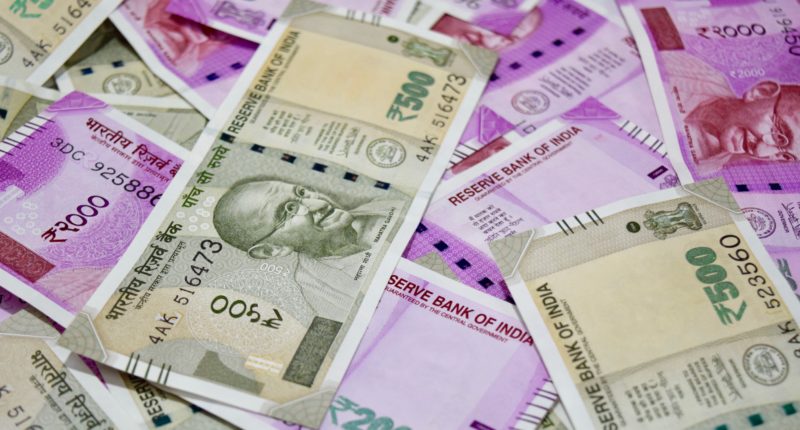The GST (Goods and Service Tax) compensation shortfall payable to states is estimated at Rs.2.69 lakh crore for the current fiscal year, out of which Rs.1.58 crore would have to be borrowed this year.
The Centre expects a collection of over Rs.1.11 lakh crore through cess on demerit, luxury and sin goods to be provided to the states for compensating them for the shortfall in revenue arising out of GST implementation. But to meet the compensation promised to the states under the GST Regime, the remaining amount of Rs.1.58 lakh crore would have to be borrowed.
Although the GST revenues may recover in the current financial year, the Centre estimates that there will be a gap between the amount raised through cess and the compensation needed, as noted in the agenda note shared with the states before the GST Council meeting on Friday.
The Budget 2021-22 assumed 17% growth in the GST revenues, converting to monthly gross GST revenue of Rs.1.1 lakh crore. Based on this assumption, there is an estimation that from February 2021 to January 2020, the gap between the actual revenue and the protected revenue after releasing the compensation would be about Rs.1.6 lakh crore.
In the previous fiscal year 2020-21, the Centre had released Rs.1.10 lakh crore after borrowing on behalf of the states to compensate them for the GST revenue shortfall, and there was a collection of Rs.68,700 crore through a levy of cess. The GST Council is meeting for the first time on 28 May 2021 after nearly eight months.
The Punjab Finance Minister, Manpreet Singh Badal, earlier this week had sought a discussion on the floor in a letter to the Finance Minister of India, Nirmala Sitharaman. He also sought to discuss the band of rates within which the states can fix their respective State GST rates because all states are currently facing a revenue deficit of about 20% of the assured revenue.
In the case of Punjab, the revenue deficit is more than 50%. The Punjab Finance Minister stated that GST has failed to reap the assured revenue, thus creating a threat to the fiscal sovereignty of states. He asked to discuss how to bridge the gap in general and the possibility of differential SGST rates for states with far more significant deficits in his letter.
Under the GST law, a guarantee was given to the states to be compensated bi-monthly for losing any revenue in the first five years of GST implementation starting from 1 July 2017. The shortfall calculation is done by assuming a 14% annual growth over the base year of 2015-16 in GST collections by states.
Since the states are still facing a shortfall in revenue due to the decline in the GST collections on account of slow economic activity because of the COVID-19 pandemic, the GST compensation cess would continue beyond the first five years of GST implementation.
For any clarifications/feedback on the topic, please contact the writer at mayashree.acharya@cleartax.in

I am an Advocate by profession. I interpret laws and put them in simple words. I love to explore and try new things in life.





